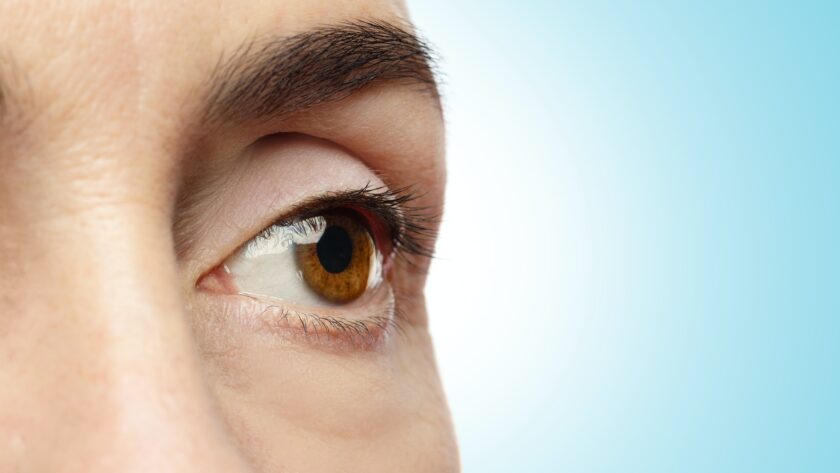Gone are the days of bulky eyeglasses and restricted peripheral vision. You can now enjoy clear and unobstructed sight with contact lenses while engaging in various activities. However, not all lenses are created equal. Finding the perfect fit that ensures both visual clarity and all-day comfort is crucial. The following section of this blog will explore the factors to consider and steps to take when searching for your ideal contacts, enabling you to experience ultimate comfort and freedom.
Contents
Consultation with an Eye Care Professional:
The first step in finding the perfect lens is to consult an eye care professional. A comprehensive eye examination will help determine your prescription and identify any underlying eye conditions that may affect your lens selection. Your eye care professional will also consider your lifestyle, preferences, and unique needs to recommend the most suitable contact lens options for you.
Lens Material and Oxygen Permeability:
Contact lenses come in various materials, and choosing the right one is crucial for comfort and eye health. Soft contacts are the most popular choice due to their flexibility and ease of use. Silicone hydrogel lenses, a type of soft lens, are highly recommended for their exceptional oxygen permeability, allowing more oxygen to reach the cornea. This enhanced breathability reduces the risk of dryness and discomfort, making silicone hydrogel lenses an excellent option for extended wear.
Base Curve and Diameter:
The base curve and diameter also play a vital role in achieving a perfect fit. The base curve is the curvature of the lens, which should match the curve of your eye for optimal comfort and stability. A too-tight or too-loose fit can cause irritation and compromise vision. Similarly, the diameter of the lens affects how it rests on the eye. Proper alignment ensures the lens covers the cornea adequately and prevents irritation caused by lens movement.
Prescription and Lens Design:
Correcting your specific vision needs is the primary purpose of lenses. Whether you have nearsightedness, farsightedness, or astigmatism or require multifocal lenses, ensuring your prescription is accurately matched by the lens design. Toric lenses are designed for astigmatism, while multifocal lenses are suitable for those with presbyopia. Customised lenses can be tailored to meet unique visual requirements. Discussing your prescription and desired lens design options with your eye care professional will lead you to the best choice. For individuals undergoing cataract surgery, intraocular lenses (IOLs) are specifically chosen to address vision concerns. Options such as monofocal, multifocal, or accommodating lenses are available and tailored to individual needs and preferences. Consult with an eye care professional to determine the best lens for cataract surgery.
Daily Disposable vs. Extended Wear:
Another crucial consideration is determining the wearing schedule that suits your lifestyle. Daily disposable lenses offer the ultimate convenience, as they are worn once and then discarded. These lenses eliminate the need for cleaning and storage, reducing the risk of contamination and eye infections. On the other hand, extended-wear lenses are designed for continuous wear, usually for up to a month. It is important to follow the recommended wearing schedule and proper lens care instructions to maintain eye health.
Lens Hygiene and Maintenance:
Proper lens hygiene and maintenance are vital for maintaining comfort and minimising the risk of eye infections. Always wash your hands thoroughly before handling lenses. Follow the recommended cleaning and disinfection routine using the appropriate lens solution. Avoid using tap water or saliva to clean them, as they can introduce harmful bacteria. Replace lenses as directed by your eye care professional, even if they feel comfortable, to prevent potential complications.
Conclusion:
Finding the perfect contact lenses that provide both visual clarity and all-day comfort is a process that involves careful consideration of various factors. Consulting with an eye care professional, understanding lens materials and design options, considering your lifestyle, and maintaining proper hygiene are all crucial steps in finding your ideal fit. By investing time and effort in choosing the right contacts, you can experience the ultimate comfort and freedom that comes with clear, unobstructed vision.




